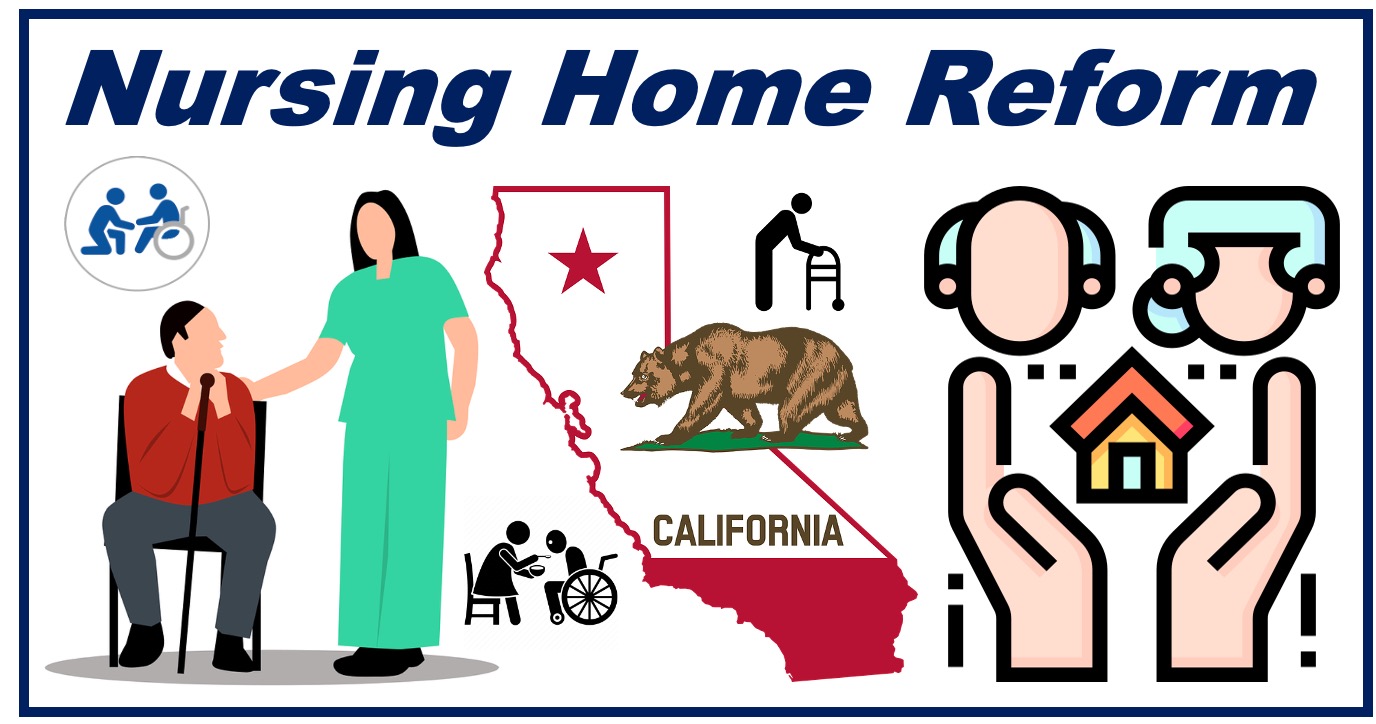The latest political push to enact meaningful nursing home reform has again put a spotlight on this poorly regulated industry. When it comes to skilled nursing facilities, California has a long history of inadequate oversight. A bill that appeared to at last be the catalyst for much-needed change is now mired in controversy and heated debates, even among its supporters.

AB 1502, as originally written by Democratic Assembly members Al Muratsuchi (Torrance) and Jim Wood (Santa Rosa), was supposed to address nursing home problems and protect the rights of seniors. Instead, the bill was recently amended, much to the alarm of some advocates for the elderly. Many of them believe this latest version maintains the status quo and continues to protect bad owners. In another blow to the bill’s chances of passage, one of its original sponsors, California Advocates for Nursing Home Reform (CANHR) announced it was withdrawing its support due to these changes.
For decades nursing home owners have been fighting any attempts at reform. This included proposed laws requiring something as basic as obtaining a license before buying a nursing home. Currently, about 80% of nursing homes in California are chains owned by corporations. Their deep pockets have allowed them to successfully stifle two proposed bills in recent years.
Some reform is better than none
But not all those fighting for the rights of senior citizens oppose the latest version of the bill. For some supporters, even watered-down legislation is preferable to doing nothing. For example, the original version of AB 1502 required a 10-year background check for new nursing home owners, the time frame in the revised version is much shorter. To some reformers, any background check is better than what’s currently on the books, none at all.
This debate over how nursing homes operate has also called into question the relationship between the Los Angeles Dept. of Public Health and one of the largest operators of nursing homes in the state, Brius Healthcare. Their list of red flags is alarming yet state regulators have done little to nothing to correct them:
- They have been allowed to operate almost two dozen nursing homes without a license.
- Health and safety ratings at many of their facilities routinely rank below the state average.
- Brius Healthcare has been the target of numerous lawsuits for inadequate patient care.
Hopefully, compassion for our elders will eventually win out and spur reform. For their parts, Muratsuchi and Wood pledge to move forward with the modified version of their bill. As noted in The Dominguez Firm’s page on nursing home abuse, by 2034, seniors are expected to be 20% of the population or about 77 million people. We must do better for this rapidly growing segment of society. We owe it to our grandparents, parents and yes, ourselves.

